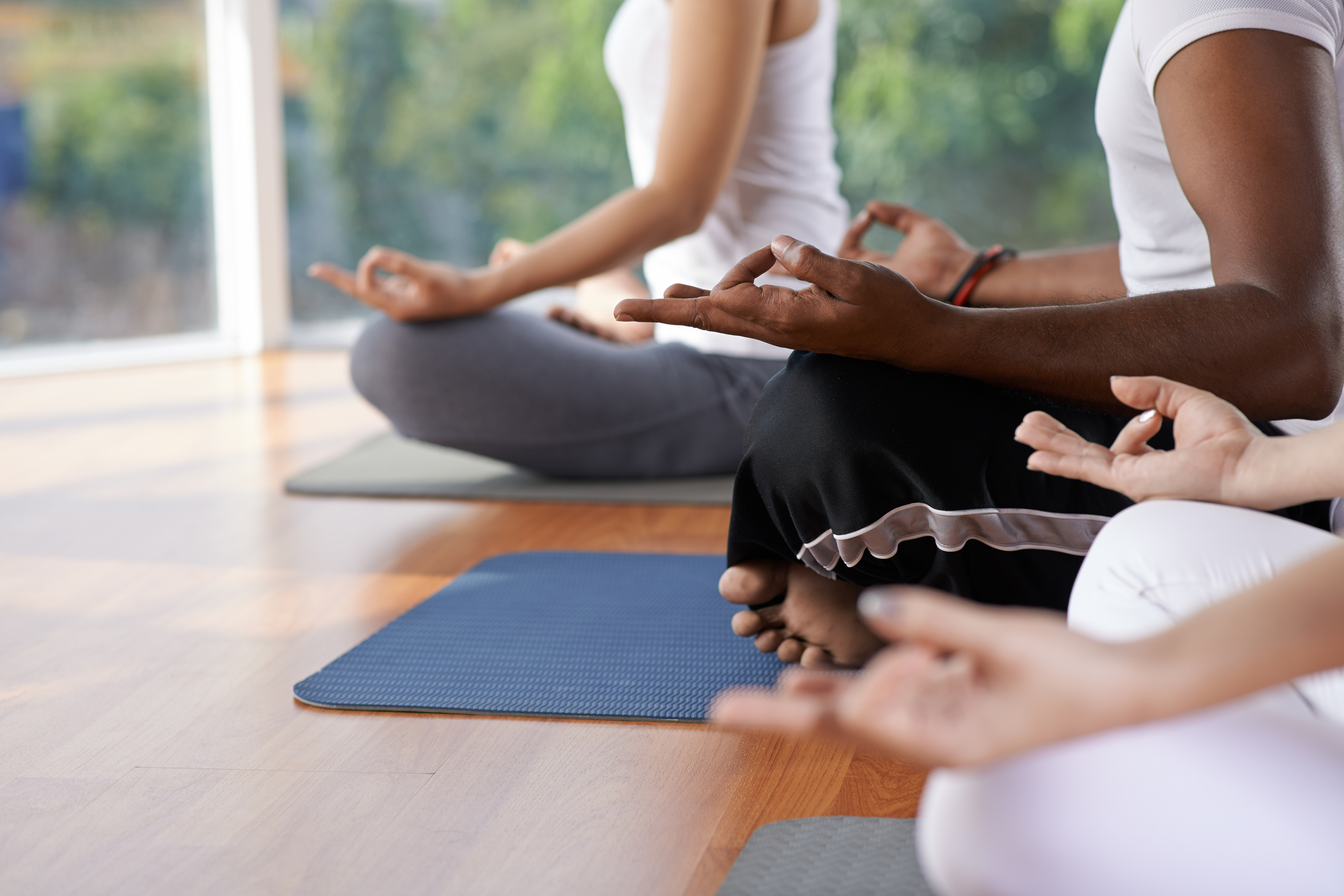When faced with stress, an uncomfortable feeling takes over our bodies. Anxiety leads to an elevated heart rate and a feeling of agitation. Set a goal this year to decrease the amount of stress in your life, no matter what is going on in the world.
Stress is known as the “silent killer” as it causes many health issues, and it comes in three types: acute stress, episodic acute stress and chronic stress.
Acute stress is the most common type of stress that comes and goes quickly. You may experience it when you ride your bike and have to make an unexpected stop, or when you spot a bee flying around and get nervous about being stung. Acute stress triggers your fight or flight instincts to avoid danger or meet a deadline. It can be exciting in small doses, but too much is not good for you.
Episodic acute stress happens when acute stress occurs too frequently. You may experience this if you are always in a rush or late, or are a habitual worrier. It can also occur if people describe you as being “Type A” or having a lot of nervous energy.
The third type of stress—chronic stress–lasts for a long period of time and can be caused by situations such as trouble at work, a bad relationship or money problems. Chronic stress leads to many health issues, including headaches, depression and various cardiovascular problems.
Utilize the following tricks and tips to help you destress this year.

Make exercise a weekly priority.
Exercise helps to boost your endorphins, helping you to feel good and forget about the troubles of the day. Norepinephrine is also created through your nervous system through exercise, moderating the brain’s response to stress. But it is important that you stick with it. Find a weekly activity you enjoy, whether that is an aerobic exercise program or yoga, and try to get up and move a little at least once every day. That could mean simply taking a brisk walk for 10 minutes on your lunch break, or doing interval training at home—60 to 90 second bursts of intense activity such as jumping jacks or squats. You don’t have to be a runner to experience the “runner’s high” that comes from cardiovascular activity.
Schedule focused time to relax.

Relaxation techniques bring breath practice and concentration together. Such practices are seen in yoga and meditation and often help to slow heart rates and reduce blood pressure. One technique is deep breathing. Deep breathing puts focus on full, cleansing breaths. This practice is often incorporated into other exercises to help reduce stress. No matter what you choose, stick with it to gain the most benefit from your relaxation technique.
Use tools tailored to your needs.

Online tools like the Wellbeing Hub from Priority Health gives members access to different health and wellness programs that are targeted to their individual needs. This includes stress reduction courses and the ability to connect with other members on how they handle stress. Learn about different stress management techniques from registered nurses, health and wellness coaches, and registered dietitians. Priority Health has also partnered with a digital health specialist to offer free access to mental wellness resources specifically focused on the COVID-19 pandemic. Learn more here.
Not a Priority Health member? Talk to your health plan provider about online tools and options, or try a free app Headspace for meditations, at-home workouts and other help for stress and anxiety.
Ask an expert for help.

If you suffer from extreme stress or anxiety, consult with a health care expert such as your primary care provider who can provide you with insight or work with you on a specialized plan to help you reduce daily stress. Or try one of the many free resources available to Michigan residents.
Stress shouldn’t be chronic. Don’t let it affect your health and wellness. Take control of your mind and resolve to live with less stress.


